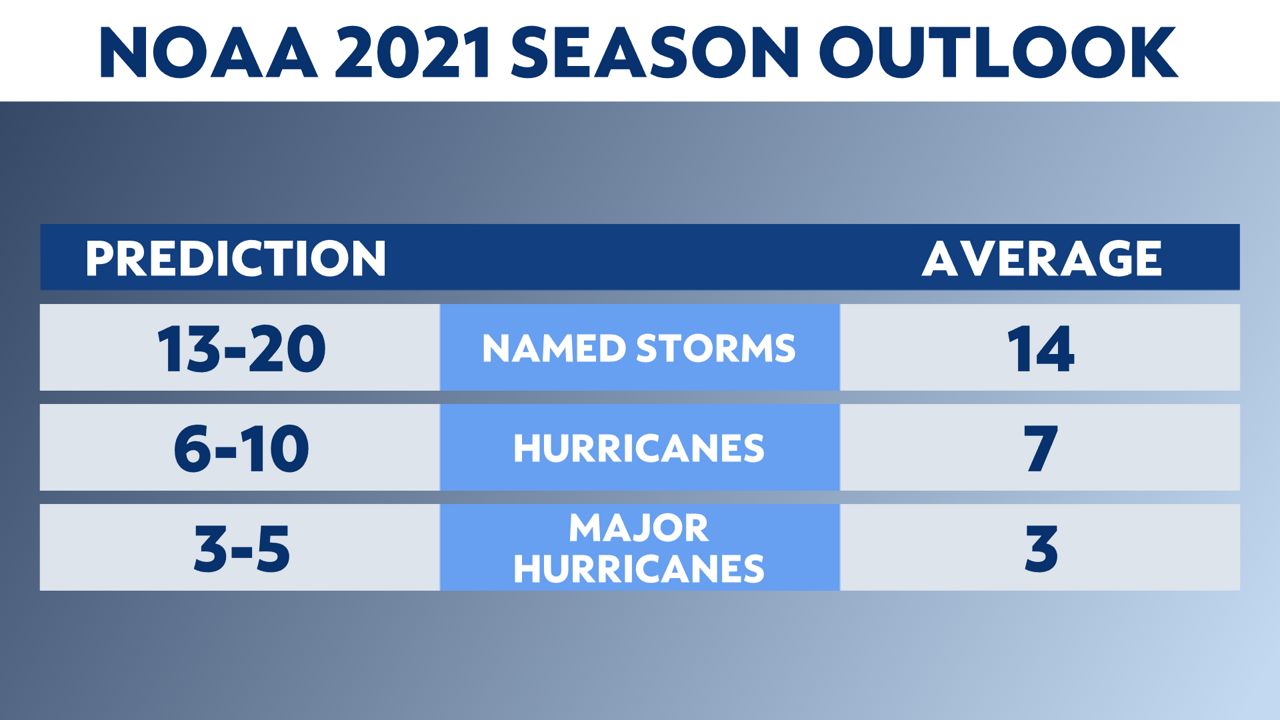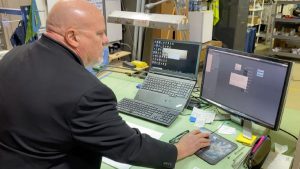COLUMBUS, Ohio — As the U.S. Supreme Court weighs the future of abortion in America, the U.S. District Appeals Court recently ruled in favor of new restrictions in Ohio.
What You Need To Know
- HB 214 made it illegal to have an abortion if a Down syndrome diagnosis is discovered in a fetus
- A doctor who performs an abortion in that case could face felony charges
- HB 214 is now the law in Ohio unless the decision is appealed to the U.S. Supreme Court
Last month, the lower court decided to uphold a law preventing a woman from ending her pregnancy if a Down syndrome diagnosis is discovered in the fetus.
Kelly Kuhns, of Plain City, and Jennifer Elliott, of Lewis Center, have something in common. They are moms to three kids and each has sons living with Down syndrome. However, they have differing opinions on the decision.
Both do agree in the love they have for their sons.
“He brings a lot of joy into our lives. He’s taught us a lot of compassion and empathy,” said Kuhns.
“He changed my life completely and I wouldn’t be who I am today without him,” said Elliott.
But how they learned about their children’s diagnosis and their viewpoints on a woman’s options in a similar position are different.
“I don’t believe in termination at all,” said Kuhns.
“I think women get to decide with themselves and their doctors what is appropriate for them,” said Elliott.
Jennifer was pregnant more than 16 years ago with her first child, Aidan, and did not find out about his Down syndrome diagnosis until the day he was born. She said that was by design.
“I didn’t have regrets because I had already gone through the whole thought process of does it matter? Do we care? What would we do anyway,” explained Elliott.
Kelly already had two kids when she got pregnant for a third time six years ago. She, however, learned about her son, Oliver’s, Down syndrome in the middle of her pregnancy. Kelly said the idea of abortion came up, but it was never an option for her.
“With the Down syndrome, you’re going to have difficulties, but with any typical child, you’re going to have difficulties,” Kuhns said.
That sentiment is something Kelly shared with others four years ago when she testified in favor of House Bill 214. The bill made it illegal to have an abortion if a Down syndrome diagnosis is discovered. It would also be a felony for a doctor to perform the procedure. Under the law, pregnant women, in these cases, would not face any criminal liability.
“I just felt like Oliver was given to me for a reason and I just felt like I needed to take the opportunity to share why he was given to me,” said Kuhns.
Then-Gov. John Kasich, R-Ohio, went on to sign the bill but the law was blocked for years until last month when a federal appellate court overturned the decision.
Jennifer thinks the Down syndrome community is being used as a pawn.
“This really didn’t have anything to do with protecting individuals with disabilities and it was more about a way to chip away at women’s rights,” said Elliott.
House Bill 214 is now the law in Ohio unless the decision is appealed to the U.S. Supreme Court. While Jennifer and Kelly do not agree on the matter, they both hope people learn more about Down syndrome so it gets destigmatized.
“I didn’t realize how many resources were out there until I had Oliver, and then I started utilizing those resources,” said Kuhns.
“I think if we could just educate people on what it’s like living with a person with Down syndrome,” said Elliot. “You’d have more people making a different choice than if you make it impossible for women to have choices.”




